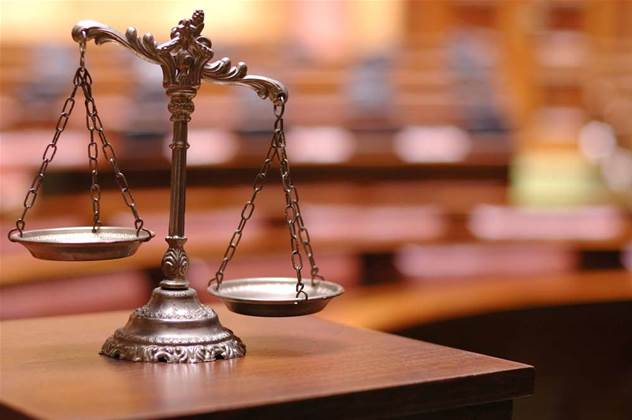Australian copyright infringers could receive ‘threatening’ letters similar to those sent out in the United States, lawyers for Dallas Buyers Club admitted today.

During the second day of hearings in the legal battle against iiNet and DBC over end-user copyright infringement, the internet service provider’s counsel raised concerns that DBC would demand payment for alleged piracy should it be given users' contact details.
The tactic has been used by DBC and others in the United States in an effort to stamp out copyright infringement of films through peer-to-peer file sharing networks like BitTorrent.
DBC is fighting iiNet in Australia for access to customer details associated with around 4200 IP addresses it says have been engaged in copyright infringement.
iiNet has resisted the demand partially due to concerns the rights holder will attempt to scare the ISP’s users into payment.
Under cross-examination in the Federal Court today, royalties vice president of DBC owner Voltage, Michael Wickstrom, said the template for the US letters would not necessarily be replicated in Australia, but said the US method had been effective.
“I’d defer to my attorneys to come up with a solution that works locally. [We have to work out] what is the local law, are we overstepping, what is the protocol," he said.
“I would give them some examples to say ‘is this sufficient for Australia, or does it need to be changed?’
“[But] we have seen piracy numbers go down in the US, traffic is going way down. We have seen it physically fall.”
The company’s letters to alleged infringers in the US [pdf] open with notice of a legal claim being filed, followed by an offer to forego the legal action should the user agree to pay a specified fee.
The approach has generated criticism as a revenue-generating endeavour seeking to reap a settlement fee from citizens unable to afford the costs of an expensive court case.
Wickstrom denied the letters were designed to scare the recipients into paying up, and said they were aimed at ensuring the user understood the seriousness of the offence.
“There’s no guilt, there’s no scare tactics, there are facts. We encourage you to seek legal advice if you don’t understand the letter,” he said.
“We’re stating that there was illegal activity at the IP address, and generally the account holder is the one infringing.”
However, DBC counsel later admitted the letters to Australian infringers could likely take the same tone as those sent in the US.
“If Wickstrom is the person calling the shots, could we accept the letters will be as firm as in the US?” Justice Perram asked.
“I would accept that,” counsel for DBC Ian Pike replied.
Industry code too 'uncertain'
The rights holder argued against calls by iiNet for the court to wait until the Government’s proposed anti-piracy code comes into effect in April.
iiNet yesterday said making a ruling on the case prior to the code being introduced would be unbalanced, but Pike argued that waiting would further set back progress.
“Assuming [the draft] is finalised, it will then be provided to ACMA by April 8 for registration. There is then a process that needs to be gone through by ACMA to determine whether it can be registered," he said.
“The short point is that it’s not going to be rubber stamped when it gets to ACMA. We don’t know how the proposed code will impact on my client - will it be retrospective? There are all sorts of uncertainties.”
The case continues.



_(28).jpg&h=140&w=231&c=1&s=0)

_(22).jpg&h=140&w=231&c=1&s=0)




_(26).jpg&w=100&c=1&s=0)
 iTnews Executive Retreat - Security Leaders Edition
iTnews Executive Retreat - Security Leaders Edition












_(1).jpg&h=140&w=231&c=1&s=0)



